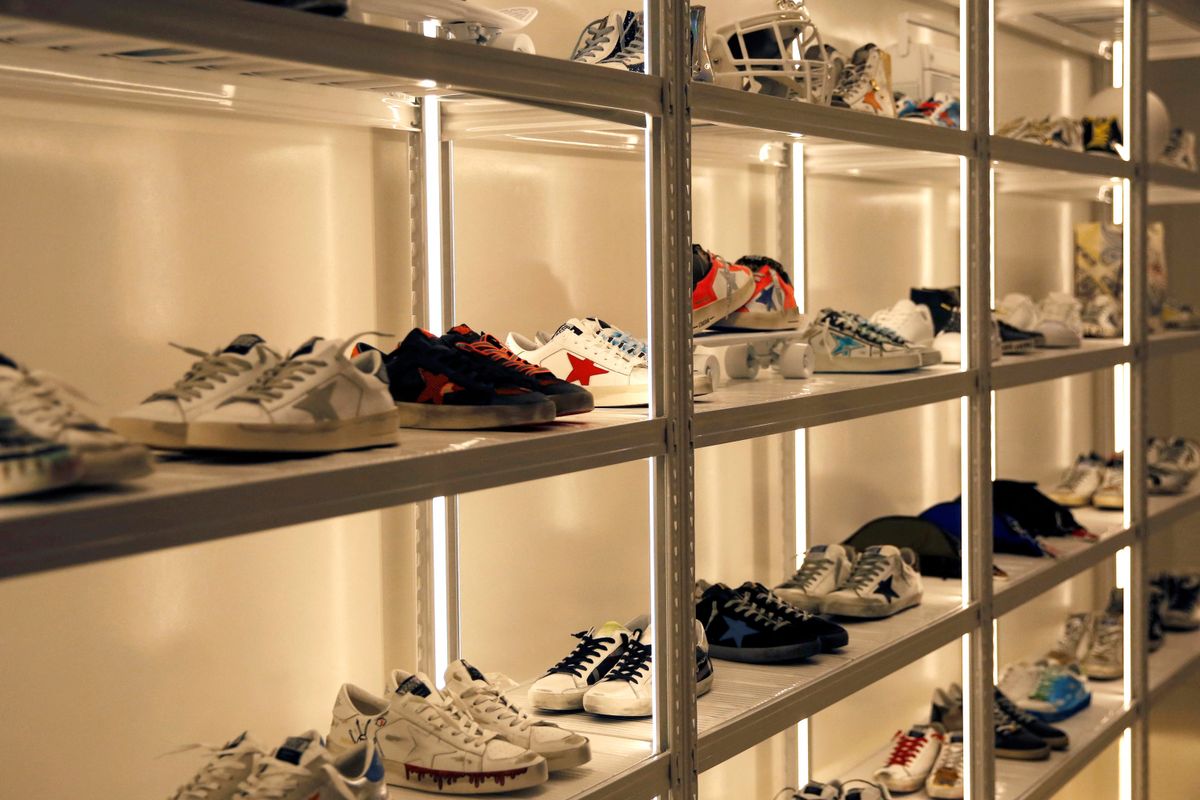Mainlanders are spending more on luxury at home post-COVID
Remember how COVID and lockdowns changed almost every aspect of our lifestyles?

A few minutes every morning is all you need.
Stay up to date on the world's Headlines and Human Stories. It's fun, it's factual, it's fluff-free.
The backstory: Remember how COVID and lockdowns changed almost every aspect of our lifestyles? The amount of bread we baked at home, our tolerance for socializing, our willingness to go to the office, the borderline concerning amount of time we binged on Netflix? Well, some of these lifestyle changes are somewhat self-corrected with time.
For example, post-pandemic, reports of social anxiety decreased after people got used to being around one another again. Also, sourdough baking returned to pre-COVID levels, and even though a lot of workplaces haven’t fully gotten their staff back, there now seems to be some middle-ground hybrid situation that’s here to stay.
Something similar is happening in China with luxury shopping. In 2019 (so pre-COVID), about 70% of mainlanders’ luxury spending was done abroad. And considering some of the lines and huddles of mainlanders we used to see outside the Louis Vuittons and Givencys of the world, is this surprising? But, with the borders closed during the pandemic, this foreign shopping trend was stifled.
So naturally, post-pandemic, tourist hubs from Paris to Hong Kong to Phuket have been eagerly awaiting the return of mainlanders. But, they’re realizing now that although big-spending mainlanders are back – even “revenge shopping” to make up for lost time during the pandemic – it’s now taking place at home, within China.
The development: According to data company Sandalwood Advisors, 62% of luxury spending done by the Chinese in April took place within mainland China, a 41% increase from the same month pre-COVID in 2019. The high-end and duty-free shopping hub of Hainan is also still seeing record-high sales at 203% above 2019 levels in April.
This all comes after reports of LVMH moving some senior execs and brand headquarters to the mainland after the luxury conglomerate had the Chinese to thank for its killer first quarter this year.
Key comments:
“Consumers have changed drastically over the past few years. They’re even more connected and tech-savvy,” said Paris-based Alibaba Group executive Nicolas Cano. Cano helps French, Swiss and German luxury brands sell to the Chinese.
“China should become the industry’s growth engine from this year on, and we expect brands at the top of the luxury-goods pyramid to benefit the most,” said Morgan Stanley equity analyst Edouard Aubin.
“A significant portion of consumption power will stay in the domestic market due to the ease and convenience,” said Prudence Lai, senior analyst at market research provider Euromonitor International.




Comments ()